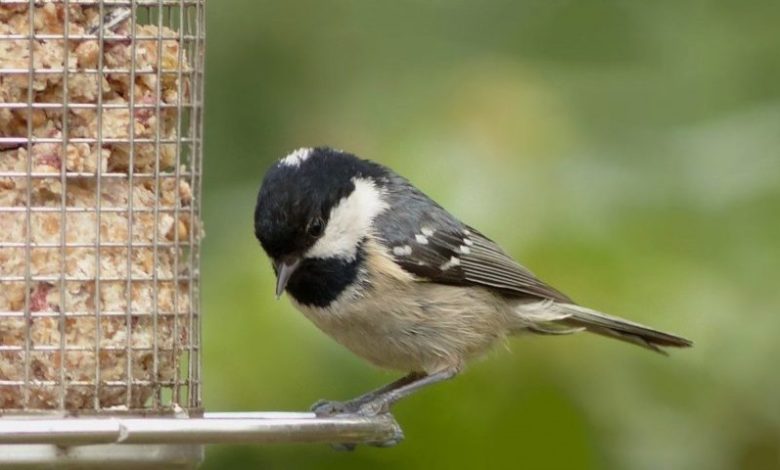Bird diseases could be spread by garden feeders, research shows

People who feed birds in their gardens may be putting them at risk of disease, a study has shown.

Become a member for unlimited access
Remove all content restrictions with a membership account. First-year special offer pricing. Cancel any time.
You have read 2/2 free articles this month.

How many members should have access to the subscription?
Monthly
Yearly
Save £9.89
No, thanks
I already have an account

People who feed birds in their gardens may be putting them at risk of disease, a study has shown.